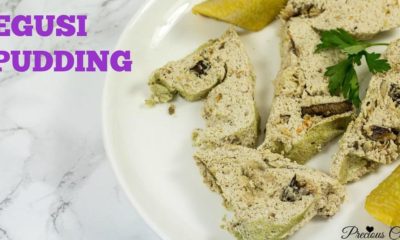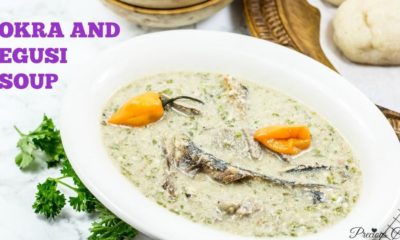Inspired
Space Scientist Temidayo Oniosun Is Taking Egusi Seeds to the International Space Station
In a first for Nigeria and West Africa, Egusi melon seeds will be launched to the International Space Station as part of an international agricultural research mission.
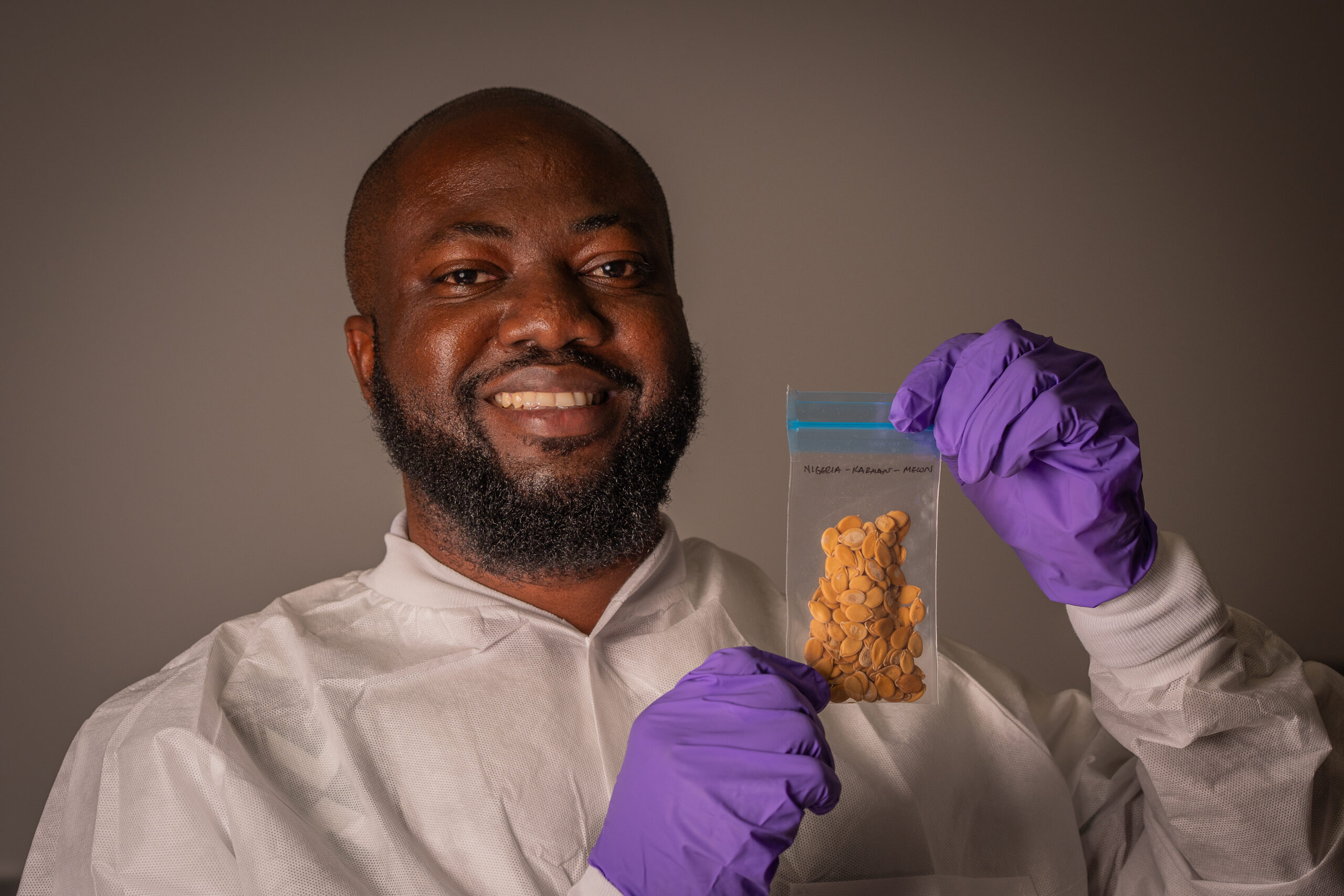
Egusi is going to space!
In a first for Nigeria and West Africa, Egusi melon seeds will be launched to the International Space Station as part of an international agricultural research mission. The seeds, sourced from Oyo State, are heading to orbit alongside cotton from Egypt, pomegranate from Armenia, and wheat from Pakistan.
The launch is scheduled for tomorrow, Thursday, July 31, at 12:09 PM (Florida local time), aboard a resupply mission from Cape Canaveral to the ISS.
The mission is led by Nigerian space scientist and entrepreneur Dr. Temidayo Oniosun, in collaboration with The Karman Project and Jaguar Space. The goal is to “deepen understanding of seed resilience and plant biology in extreme environments — knowledge critical for both long-duration space missions and Earth-based challenges such as climate change, food insecurity, and resource scarcity.”
This also marks the first time an object from Nigeria is going to space, and the first time a crop native to West Africa will be part of a space-based research experiment.
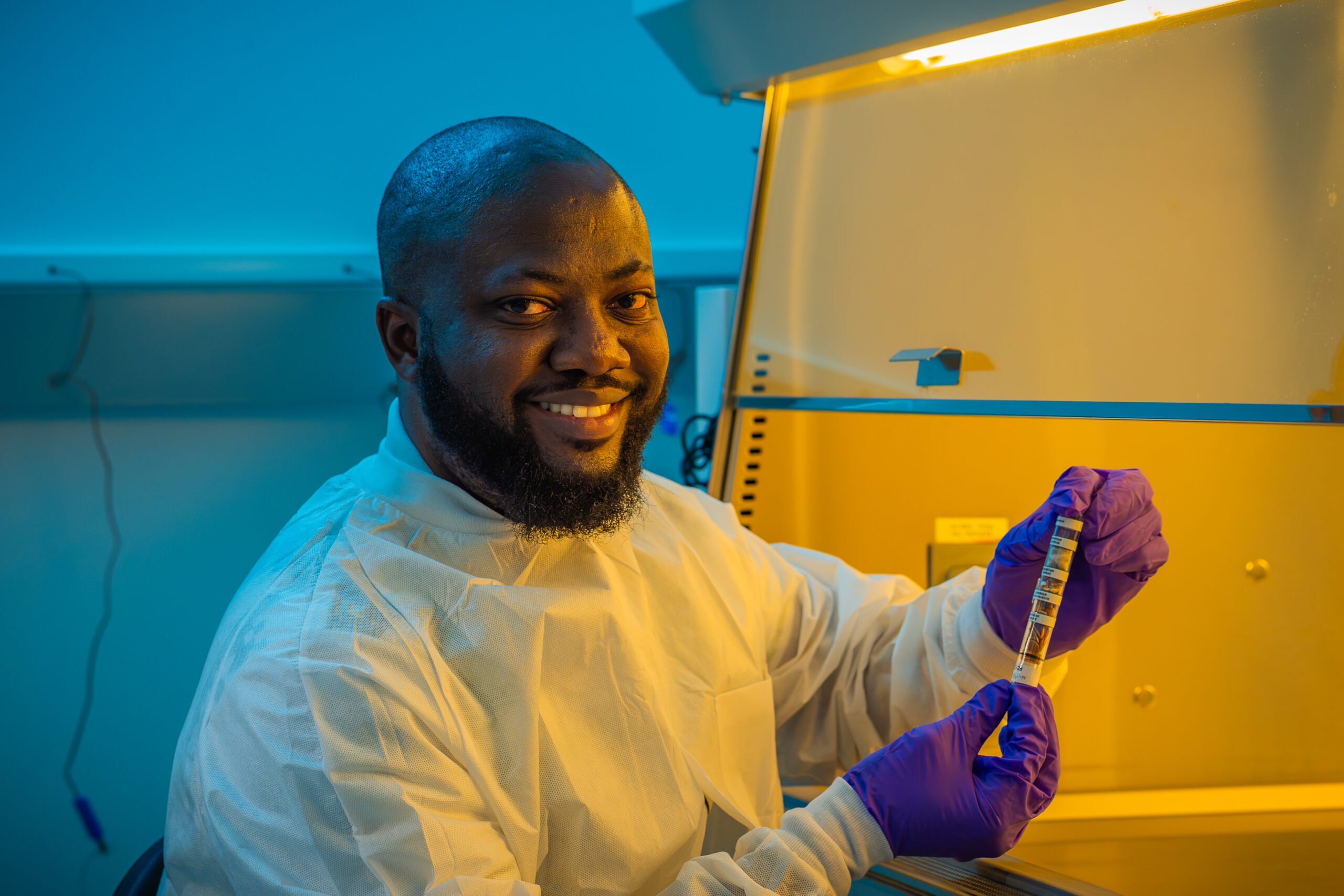
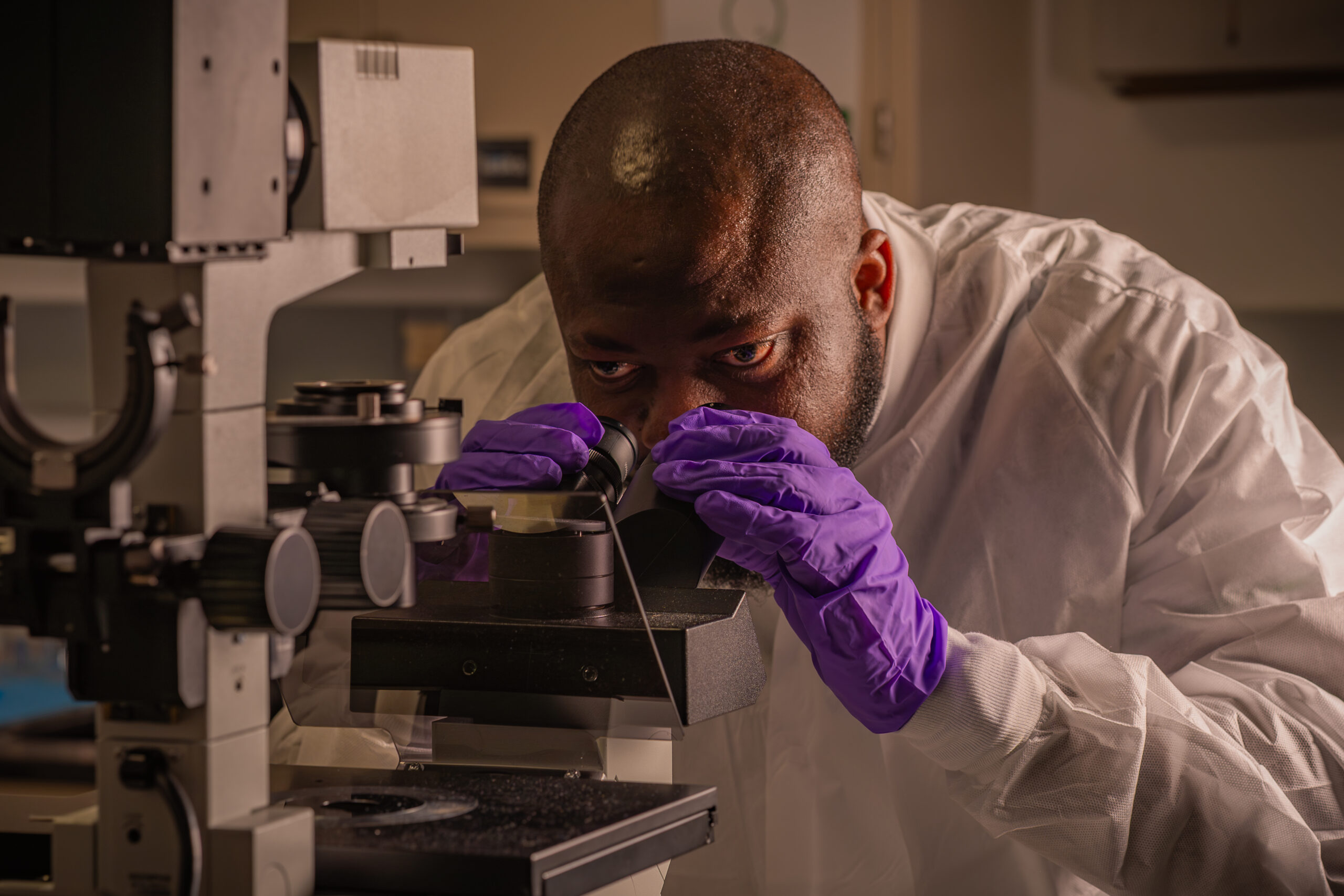
Dr. Luis Zea, Founder of Jaguar Space, said: “Integrating crops native to emerging space nations is essential for building a sustainable human presence beyond Earth. These collaborations advance nutritional diversity, preserve cultural identity, and open new scientific frontiers.”
Egusi plays an important role in many West African diets and livelihoods. Its selection signals a recognition of traditional knowledge systems and the value of indigenous crops in future-facing science. As the mission puts it, “This initiative places Africa at the forefront of space agriculture and reinforces the idea that the future of humanity among the stars must reflect the diversity and richness of life on Earth.”
Temidayo will collaborate with Dr Wagner Vendrame, a Professor of Ornamental Micropropagation and Cryopreservation from the University of Florida to carry out experimental research on the seeds when he comes back. The planned experiment on the Egusi seeds will begin with in vitro germination to observe any morphological differences and enable cloning of distinct variants for future studies.


